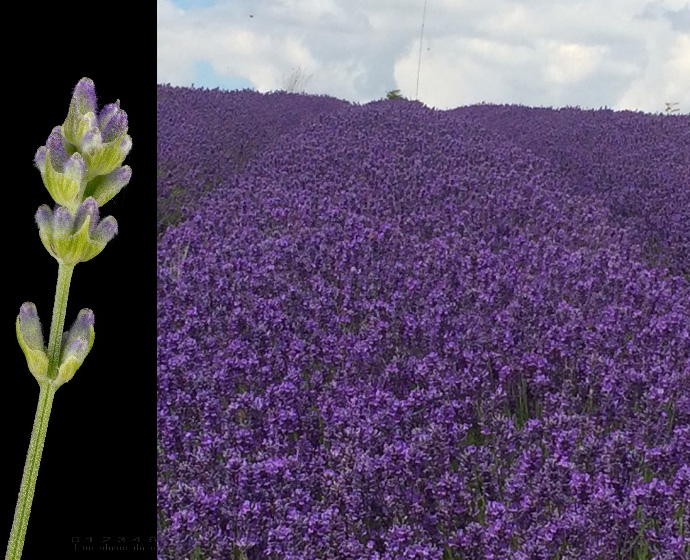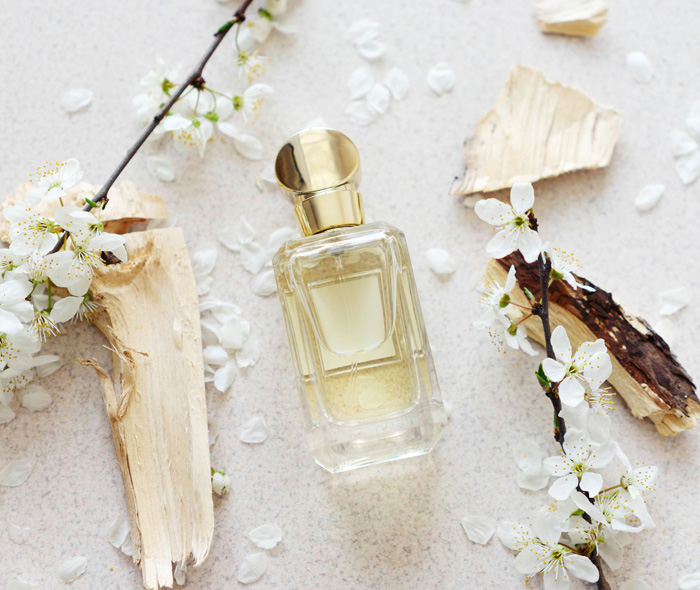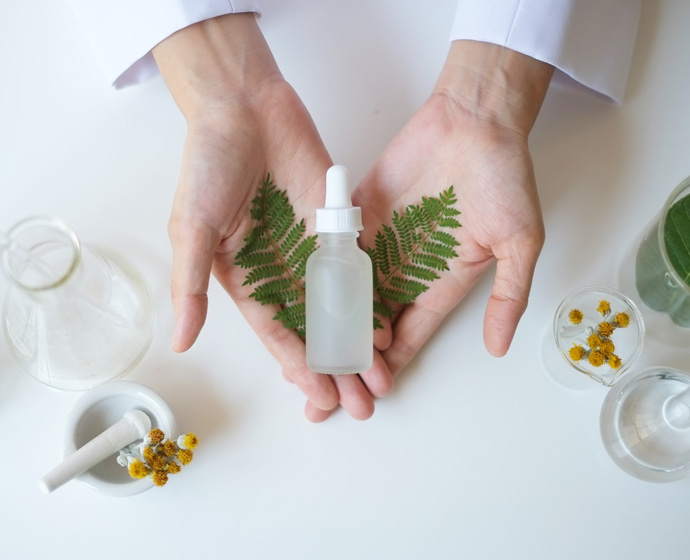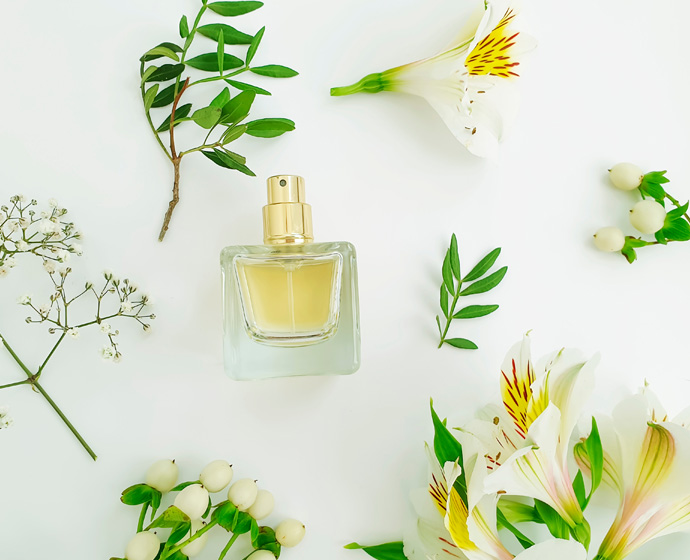Explore the world of fragrance on Misthree’s Blog. Discover articles and stories of fragrance, water-based innovations, and more.
Lavender oil is a popular essential oil that is derived from the flowers of the lavender plant. It has a sweet, floral aroma and is known for its calming and relaxing properties. Lavender oil is commonly used in aromatherapy, beauty products, and household cleaners.
A member of the mint or Lamiaceae family, lavender is a perennial plant that comes in an array of shapes and sizes. All lavenders are perennial plants belonging to the genus Lavandula. There are four main types of lavender: Spanish, English, Lavandins, or French with each having slight different characteristics due to the different components found in their oils. Nevertheless, the main constituents of all these Lavender oils are Linalool, Linayl Acetate and Camphor.

One key difference between English Lavender essential oil and oil produced from Lavandin, is that Lavandin oil contains a much higher percentage of camphor. Typically, English Lavender essential oil contains between 0%-0.6% camphor, whereas Lavandin oil contains between 6%-10% camphor. Hence, Lavandin oils gives off a stronger and more pungent small due to higher camphor content, whereas English Lavender produces a more subtle, sweet, floral aroma. The higher camphor content means that Lavandin oil can be more effective at clearing congestion, repelling insects and freshening rooms than English Lavender essential oil.
The benefits of lavender oil are numerous. It is often used to help with anxiety, stress, and insomnia. Its calming properties can help to promote relaxation and sleep. It is also a natural pain reliever and can be used topically to soothe sore muscles and joints. In addition, lavender oil has antiseptic and anti-inflammatory properties, which make it useful in treating minor cuts, burns, and insect bites. Lavender oil is also a popular ingredient in beauty and personal care products. It is often used in skin care to help soothe and calm the skin, as well as to reduce redness and inflammation. It can also be used in hair care to promote healthy hair growth and to help control dandruff.
It is worth noting that while these studies suggest that lavender oil may have beneficial effects on anxiety and stress, more research is needed to fully understand its effects and to determine the most effective methods of administration and dosage.


There have been several studies done to demonstrate the anti-septic and anti-inflammatory properties of lavender oil. Here are some examples:
A study published in the International Journal of Inflammation in 2016 showed that lavender oil had anti-inflammatory effects in animal models of inflammation. The researchers found that lavender oil reduced the levels of pro-inflammatory cytokines in the animals’ blood, suggesting that it could have similar effects in humans.
A study published in the Journal of Ethnopharmacology in 2013 showed that lavender oil had anti-inflammatory effects on human skin cells in vitro. The researchers found that lavender oil inhibited the production of several pro-inflammatory cytokines in the skin cells, which could help to reduce inflammation and irritation.
It is important to note that while lavender oil is generally considered safe, some people may have an allergic reaction to it. It should be used with caution during pregnancy and breastfeeding, and it should not be ingested. Be careful when using essential oils mixed in water since undiluted droplets of essential oil can attach to the skin, sometimes in sensitive areas.
When applied topically, dermal limits of lavender essential oils varies for different variations as well as on different people. Hence, it is always a good practice to do a patch test on oneself first and increasing the dosage gradually over a period of time to make sure there would be no reaction on your skin.

Stay up to date witth our latest news, updates and special offers